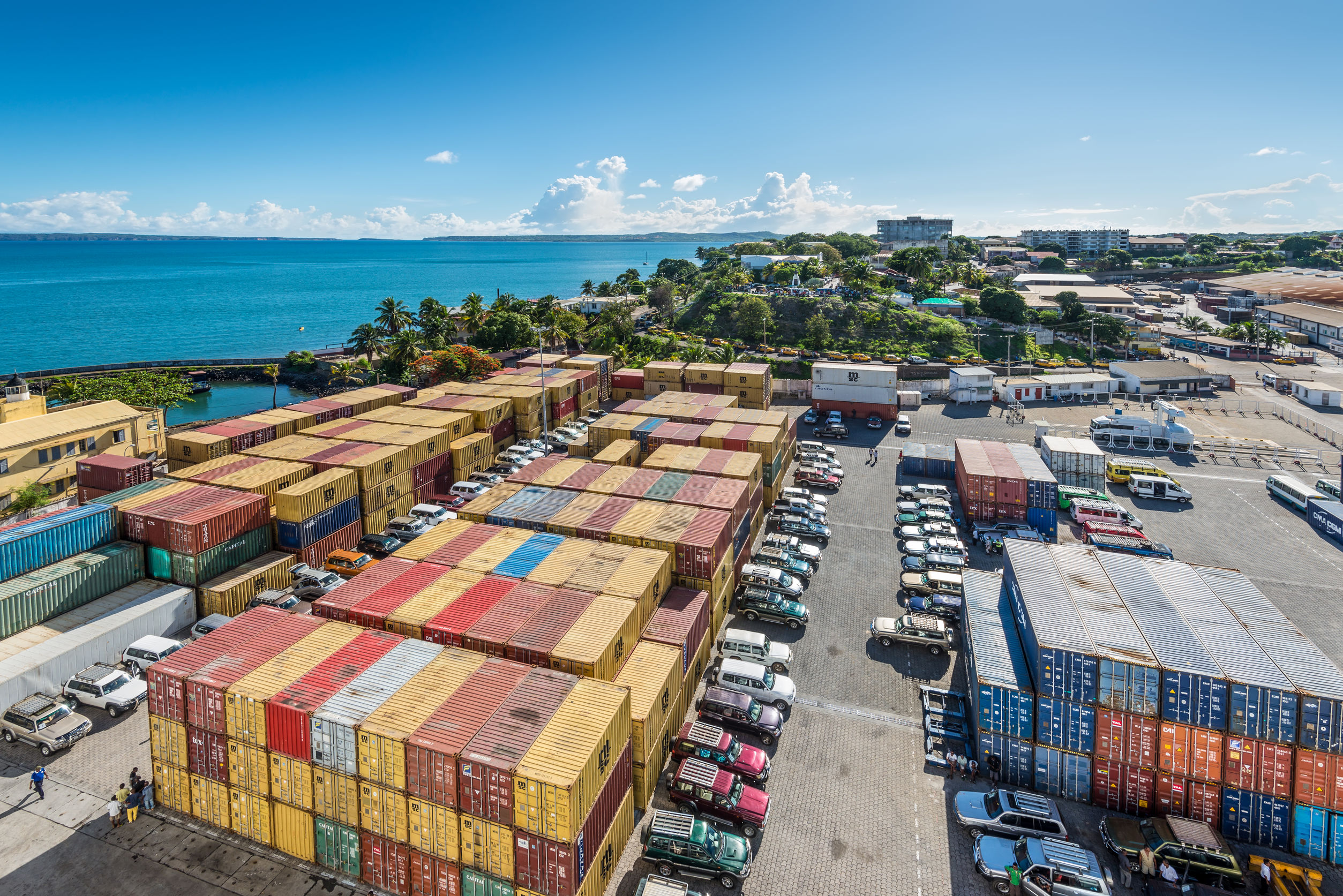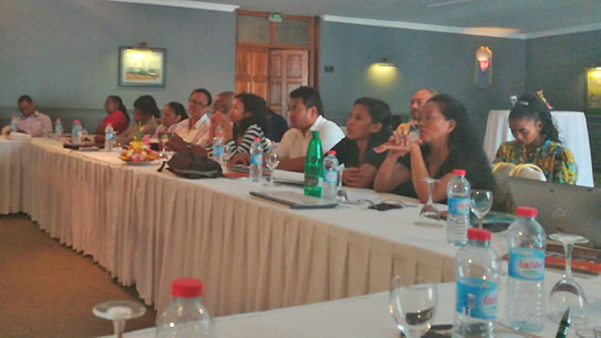Codex Trust Fund / Supporting import control systems in Madagascar
Madagascar depends heavily on food imports to meet its food requirements. Effective and efficient control of food imports is therefore essential to facilitate food trade on the island and to protect the health of consumers.
“Several different authorities carry out inspections of those products according to their respective competences”, said Dominique Lantomalala, Codex Contact Point, Madagascar. “Most of the time, there is a lack of coordination and synergy between these actions. Faced with imports, local industries suffer and it is not unusual to come across non-compliant food products. Madagascar therefore needs to have an efficient control system for food imports in order to achieve the objectives of health protection, consumer protection and economic development”.

Food imports to Madagascar exceeded 670 million dollars in 2018 (Source WTO)
Relaunching Madagascar's active participation in Codex

A training workshop on the development of a risk-based imported food control system was held from February 10 to 13, 2020 with the support of the Codex Alimentarius Trust Fund (CTF). The workshop set out to review how food control is structured and how operations are managed for food imported into Madagascar, with a view to moving to a more effective and efficient import control system. The workshop also provided training and support to the Madagascar authorities to design and implement risk-based food import inspection programs.
Catherine Bessy, food safety and quality officer FAO, said: "This project is decisive to the relaunch of Madagascar's active participation in international Codex work, which is anchored in an inclusive dynamic at the national level”. The technical workshop sessions explore the importance and concrete application of Codex for national control services. “We hope to raise awareness with political decision-makers in order to ensure the technical divisions taking part are able to remain involved”, she said.
Read more
At the heart of the Codex mandate are the core values of collaboration, inclusiveness, consensus building and transparency. Governmental and non-governmental, public and private organizations alike play a vital role in ensuring Codex texts are of the highest quality and based on sound science.
Codex would have little authority in the field of international standard setting if it did not welcome and acknowledge the valuable contributions made by observers. Expert technical bodies, industry and consumer associations
contribute to the standard-setting process in a spirit of openness, collaboration and transparency.
Intergovernmental organizations (IGOs) and international non-governmental organizations (NGOs) can apply for observer status in Codex in order to attend and put forward their views at every stage of the standard-setting process.
 Current Codex Alimentarius Commission
Current Codex Alimentarius Commission
Codex Trust Fund / Supporting import control systems in Madagascar
Madagascar depends heavily on food imports to meet its food requirements. Effective and efficient control of food imports is therefore essential to facilitate food trade on the island and to protect the health of consumers.
“Several different authorities carry out inspections of those products according to their respective competences”, said Dominique Lantomalala, Codex Contact Point, Madagascar. “Most of the time, there is a lack of coordination and synergy between these actions. Faced with imports, local industries suffer and it is not unusual to come across non-compliant food products. Madagascar therefore needs to have an efficient control system for food imports in order to achieve the objectives of health protection, consumer protection and economic development”.

Food imports to Madagascar exceeded 670 million dollars in 2018 (Source WTO)
Relaunching Madagascar's active participation in Codex

A training workshop on the development of a risk-based imported food control system was held from February 10 to 13, 2020 with the support of the Codex Alimentarius Trust Fund (CTF). The workshop set out to review how food control is structured and how operations are managed for food imported into Madagascar, with a view to moving to a more effective and efficient import control system. The workshop also provided training and support to the Madagascar authorities to design and implement risk-based food import inspection programs.
Catherine Bessy, food safety and quality officer FAO, said: "This project is decisive to the relaunch of Madagascar's active participation in international Codex work, which is anchored in an inclusive dynamic at the national level”. The technical workshop sessions explore the importance and concrete application of Codex for national control services. “We hope to raise awareness with political decision-makers in order to ensure the technical divisions taking part are able to remain involved”, she said.
Read more
 Codex and Observer
Codex and Observer
around the world since ancient times.
We might not always know where it comes from,
but we expect it to be available, safe and of good quality.










Leave a comment